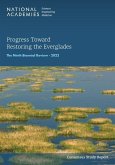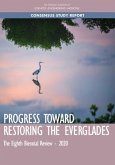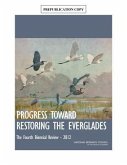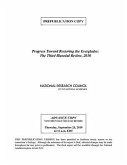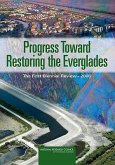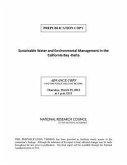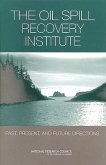The Florida Everglades is a treasured ecosystem, but the water quality, quantity, flow, and distribution have been dramatically degraded by drainage and infrastructure development during the past century. A joint effort launched by the State and federal government in 2000, the Comprehensive Everglades Restoration Plan (CERP) seeks to reverse the decline of the ecosystem. The National Academies have provided a biennial review of CERP since 2004. This tenth biennial report in the series highlights significant recent restoration progress and offers guidance in three areas: applying Indigenous Knowledge in project planning, using modeling tools for understanding the effects of climate change on the CERP, and strengthening adaptive management for CERP decision making. Thanks to record state and federal investments in recent years, the pace of restoration implementation has reached historic levels and sizeable restoration benefits have been achieved. However, information on natural system restoration progress relative to CERP expectations continues to be difficult to find and interpret. The report recommends modeling tools be applied to anticipate the effects of climate change, including temperature and precipitation, on CERP outcomes and to inform planning and management. Moving forward, consistent and meaningful engagement between CERP agencies and tribal nations is necessary to create a partnership where Indigenous Knowledge can be considered and applied in restoration decision-making. Building expertise and a culture of adaptive management can help ensure continued restoration progress amid uncertainties and improve restoration outcomes through the incorporation of new information.
Hinweis: Dieser Artikel kann nur an eine deutsche Lieferadresse ausgeliefert werden.
Hinweis: Dieser Artikel kann nur an eine deutsche Lieferadresse ausgeliefert werden.


